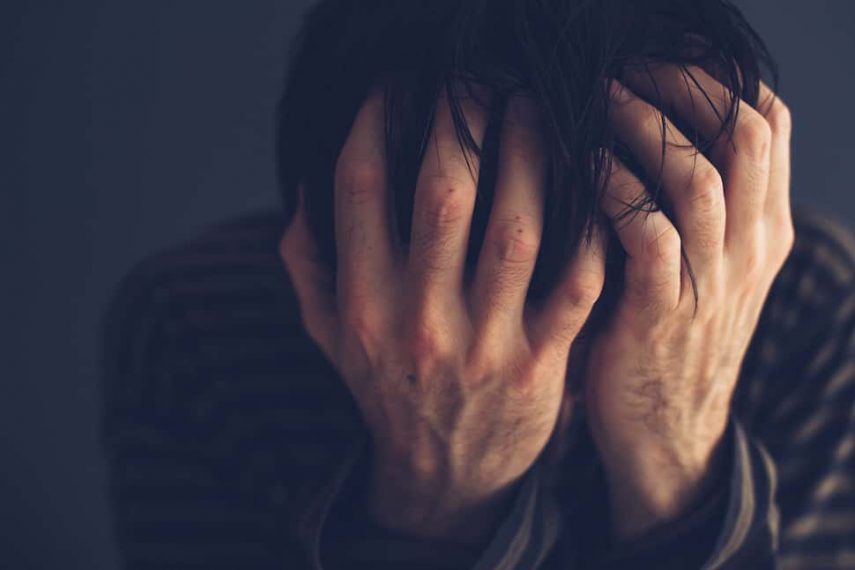 – Dr Gowri Kulkarni, Head of Medical Operations, MediBuddy
– Dr Gowri Kulkarni, Head of Medical Operations, MediBuddy
While the stigma around mental health is lifting, there is still a fair bit of confusion around what depression is.
Depression is one of the leading causes of disease around the world. Nonetheless, there are a lot of misconceptions about depression, including what it is, its symptoms, and its treatment. To help clear up some of these misconceptions we have gathered – and busted – some of the most common depression myths.
Depression is just a case of having the blues: When we talk about depression, we are talking about something that is much more serious than just being sad. People often feel sad because of an upsetting experience or memory, but it comes and goes. Depression, on the other hand, is a chronic illness associated with neurotransmitters in the brain.
When you have depression, besides feeling sad – you may also feel irritable, tense, empty, or simply numb. Apart from the way it affects a person’s mood, depression can also cause many other symptoms, such as sleep issues, poor concentration, lethargy, and loss of appetite.
Depression is always triggered by a traumatic event: Depression is a Biopsychosocial illness. A range of factors can increase the risk of developing depression, including traumatic events such as major life changes, grief, and accidents. However, traumatic events are a risk factor or potential trigger of depression, not the root cause of it. Also, not everyone who experiences a traumatic event will develop depression. The condition can also develop when everything in someone’s life seems to be going OK.
If you take antidepressants, you will be on them forever: Some people do not want to start taking antidepressants because they think they will become “hooked”. However, these medications are not addictive in the way that alcohol or nicotine can be – however some people do find that they may have difficulty managing if they stop taking the medication, it may still people feel that the medications are addictive. Depression is like other illnesses where for an optimal treatment medication may be needed. This must be started only after proper evaluation by a psychiatrist.
Most people who take anti-depressants for a first-time episode of depression do need to take them continuously for 6-9 months, but not necessarily for their lifetime. However, when it comes down to it, some opt to take anti-depressants for the short-term, some stick to a consistent schedule for many years, and others recover with no medication at all.
Everyone experiences depression in the same way: People used to define depression with a few specific symptoms. These included a pervasive depressed mood, oversleeping, and reduced interest or pleasure in everyday activities. However, studies now show that people can experience a wide range of psychological, emotional, and physical symptoms during depressive episodes such as feeling guilty, helpless, hopeless, poor eating habits, procrastination, Feeling suicidal
This means that not everyone with depression experiences every symptom associated with it. People may also experience, or express depression differently based on factors such as age and sex. This can also affect which treatment is the best option. To understand the best mode of treatment it is best to consult with a Mental healthcare professional
Keeping busy cures depression: Getting the recommended amount of exercise and spending time with family and friends may help reduce some of the symptoms of depression. However, it is a myth that if someone throws themselves into their work, starts a project, or finds a new hobby it will help ease their depression. Instead, people may wish to focus on a few of their regular tasks during a depressive episode. They should try to break any large tasks into smaller, more manageable ones and avoid doing too many things at once. People should also postpone making any important decisions or commitments during depressive episodes so that they can make clearer, more objective choices.
Depression is a serious illness that is shrouded in many misconceptions. It is a common misconception that discussing depression merely reinforces destructive feelings and keeps you focused on negative experiences in life. But for many people, being alone with your thoughts is much more harmful than hashing them out.
Remember, it is okay to not be okay- however, don’t hesitate to seek help. Talking helps!











